Today’s global economy offers African entrepreneurs, freelancers, and businesses a chance to earn in dollars, euros, and other major currencies by serving international clients. But getting paid isn’t always easy.
The rise of digital platforms, remote work, and e-commerce has made it possible for a Nigerian graphic designer, a Ghanaian consultant, a South African developer, or a Kenyan tutor to tap into international markets. However, one persistent hurdle stands in the way: getting paid. For many African professionals, creators, and business owners, accepting international payments remains a complex and costly process due to limited access to global payment platforms, high fees for currency conversions, restrictive banking regulations, and delays that disrupt cash flow.
This guide zeroes in on four key African markets; Nigeria, Ghana, South Africa, and Kenya, exploring the specific obstacles they face in 2025 and offering practical, country-tailored solutions to help businesses and individuals earn easily in dollars. With Africa’s digital economy projected to contribute $180 billion to GDP before the last quarter of 2025, the demand for effective payment solutions has never been higher.
Let’s break down the latest challenges and how to overcome them.
Country-Specific Challenges & Solutions
Nigeria: Overcoming Payment Barriers in a Fintech Powerhouse
Nigeria’s fintech scene is flourishing like never before. Transaction values in digital payments are expected to hit $137.20 billion in 2025, yet earning in dollars remains a struggle for many entrepreneurs and freelancers. The country’s massive population and creative talent pool make it a hotspot for global opportunities, but payment barriers hold it back.
Latest Challenges Nigerian Businesses Face in 2025:
- PayPal Restrictions Persist: Despite years of advocacy, PayPal still limits Nigerian users to sending payments only, with no option to receive funds directly. This forces many to rely on workaround accounts in other countries, risking bans or freezes.
- Tight Foreign Exchange Controls: The Central Bank of Nigeria (CBN) continues to impose strict forex regulations, with the naira’s volatility (devalued over 70% since 2023) and official rates lagging behind parallel markets, making USD access a bureaucratic nightmare.
- High Conversion Fees: Converting USD to naira through banks or local processors often incurs fees of 5–10%, eating into profits for freelancers and small businesses.
- Processing Delays: International bank transfers can take days to clear, disrupting cash flow for Nigeria-based entrepreneurs juggling global gigs.
- Rising Compliance Costs: New anti-money laundering (AML) rules in 2025 require additional documentation for cross-border transactions, slowing down small businesses without dedicated finance teams.
Solutions for Nigerians to Receive International Payments:
- Use a platform like Mainstack to receive USD, GBP, and EUR payments directly, bypassing PayPal’s receive-function ban.
- Benefit from instant payment processing. Funds hit your account in hours, not weeks, keeping your business running smoothly.
- Avoid complex compliance hurdles with a platform that handles AML and forex regulations on your behalf.
For a Nigerian content creator selling digital courses to U.S. clients, this means no more begging friends abroad for account favors, just direct dollar earnings with fast, affordable withdrawals.
Ghana: Navigating Mobile Money and Global Gaps
Ghana’s digital economy is thriving, with mobile money transactions hitting 82% of GDP in recent years. Yet, for all its progress, earning in dollars from international clients remains elusive for many Ghanaians.
Latest Challenges Ghanaian Businesses Face in 2025:
- Mobile Money’s USD Disconnect: Platforms like MTN Mobile Money and Vodafone Cash dominate locally but lack native support for USD payments, forcing businesses to convert earnings through expensive channels.
- Domiciliary Account Barriers: Opening a USD domiciliary account with banks requires high minimum balances (often $500+) and extensive paperwork, out of reach for small traders in Accra.
- Limited Platform Access: Global players like PayPal and Stripe have patchy availability—PayPal restricts receiving funds, and Stripe isn’t fully operational in Ghana as of 2025.
- Forex Fee Spikes: With the cedi depreciating (down 25% against the USD since 2023), banks and forex bureaus charge 6–8% conversion fees, shrinking profits.
- Cross-Border Delays: International wire transfers to Ghanaian banks can take 7–10 days, a headache for consultants needing quick payouts.
Solutions for Ghanaians to Receive International Payments:
- Accept USD payments through Mainstack without needing a domiciliary account—just link your existing Ghanaian bank or mobile wallet.
- Withdraw earnings directly to MTN Mobile Money or local accounts with lower fees than traditional forex channels.
- Integrate payment tools with invoicing, storefronts, and subscriptions, streamlining operations for a Kumasi-based freelancer serving European clients.
- Get funds in real-time, avoiding the week-long waits of wire transfers.
A Ghanaian graphic designer can now invoice a Canadian client in USD, all without wrestling with bank bureaucracy.
South Africa: Breaking Free from Local Payment Constraints
South Africa boasts Africa’s largest e-payments market, projected at $5 billion before the end of 2025, but its businesses still face hurdles when earning dollars from abroad despite its advanced infrastructure.
Latest Challenges South African Businesses Face in 2025:
- Local Payment Preference: Clients within South Africa lean heavily on EFT and gateways like PayFast or Yoco, which aren’t optimized for international buyers, limiting global reach.
- High Forex Fees: Converting USD to ZAR through banks like Standard Bank or FNB carries fees of 3–5%, plus hidden spreads, cutting into earnings for Cape Town startups.
- Regulatory Bottlenecks: The South African Reserve Bank (SARB) enforces strict exchange controls—businesses must declare foreign income and face delays in approvals, especially for amounts over ZAR 1 million annually.
- Slow Cross-Border Transfers: International payments can take 3–7 days to process, a problem for Johannesburg developers on tight project schedules.
- Tax Compliance Pressure: New 2025 SARS rules demand detailed reporting on foreign earnings, adding admin burdens for SMEs.
Solutions for South Africans to Receive International Payments:
- Accept payments in USD and 135+ currencies via Mainstack, unrestricted by buyer location, bridging the gap between local and global markets.
- Withdraw to South African bank accounts in 24–48 hours, faster than standard wire transfers.
- Simplify tax reporting with a platform that tracks and categorizes foreign income automatically.
A South African app developer can now charge a U.S. client in dollars, convert at a fair rate, and avoid the SARB’s red tape, all in a day’s work.
Kenya: Bridging M-Pesa’s Global Divide
Kenya’s M-Pesa is a global mobile money icon, with 34 million users, but its local dominance doesn’t fully translate to earning dollars internationally.
Latest Challenges Kenyan Businesses Face in 2025:
- M-Pesa’s International Limits: While M-Pesa supports some cross-border transfers, it’s not built for direct USD payments from foreign clients, requiring costly workarounds.
- PayPal Withdrawal Costs: Linking PayPal to M-Pesa incurs fees of 3–4% per withdrawal, plus a $35 minimum charge, hitting Nairobi freelancers hard.
- Forex Restrictions: The Central Bank of Kenya caps USD transactions for individuals and small businesses, with new 2025 rules tightening scrutiny on forex inflows.
- Banking Delays: USD transfers to Kenyan banks like KCB or Equity Bank can take 5–10 days, stalling cash flow for e-commerce sellers.
- Platform Gaps: Stripe remains unavailable in Kenya, and PayPal’s receive function is limited, leaving few options for global payments.
Solutions for Kenyans to Receive International Payments:
- Accept payments in USD and 135+ currencies directly through Mainstack, skipping M-Pesa’s conversion hassles.
- Withdraw to Kenyan banks or M-Pesa wallets quickly, outpacing PayPal’s rates.
- Eliminate the need for costly PayPal-to-M-Pesa transfers with direct, real-time payouts.
- Scale without forex caps, as the platform manages compliance seamlessly.
A Kenyan online tutor can now earn dollars from U.S. students and get paid in M-Pesa instantly, dodging the old fee traps.
These challenges aren’t just inconveniences, they’re costing African entrepreneurs millions in lost revenue and wasted time.
Mainstack offers a unified solution tailored to these realities. It empowers businesses in Nigeria, Ghana, South Africa, and Kenya to accept international payments without jumping through hoops like foreign account setups or complex registrations.
With support for 135+ currencies, competitive exchange rates, and withdrawals to local banks or mobile wallets, it cuts costs and speeds up cash flow. Plus, its integration with tools for invoicing, storefronts, and bookings makes it a one-stop shop for global expansion.
Africa’s digital payments market is set to soar as Statista projects $611.20 billion by 2029, with remittances hitting $96 billion in 2023. Yet, without the right tools, businesses in Nigeria, Ghana, South Africa, and Kenya risk missing out. The AfCFTA is boosting intra-African trade by 52% by 2030, but global earnings are the next frontier. Platforms like Mainstack remove the old barriers, letting you control your financial future.
Sign up today for free and enjoy the benefits of earning internationally that cuts across borders, country restrictions, and high fees.








.png)

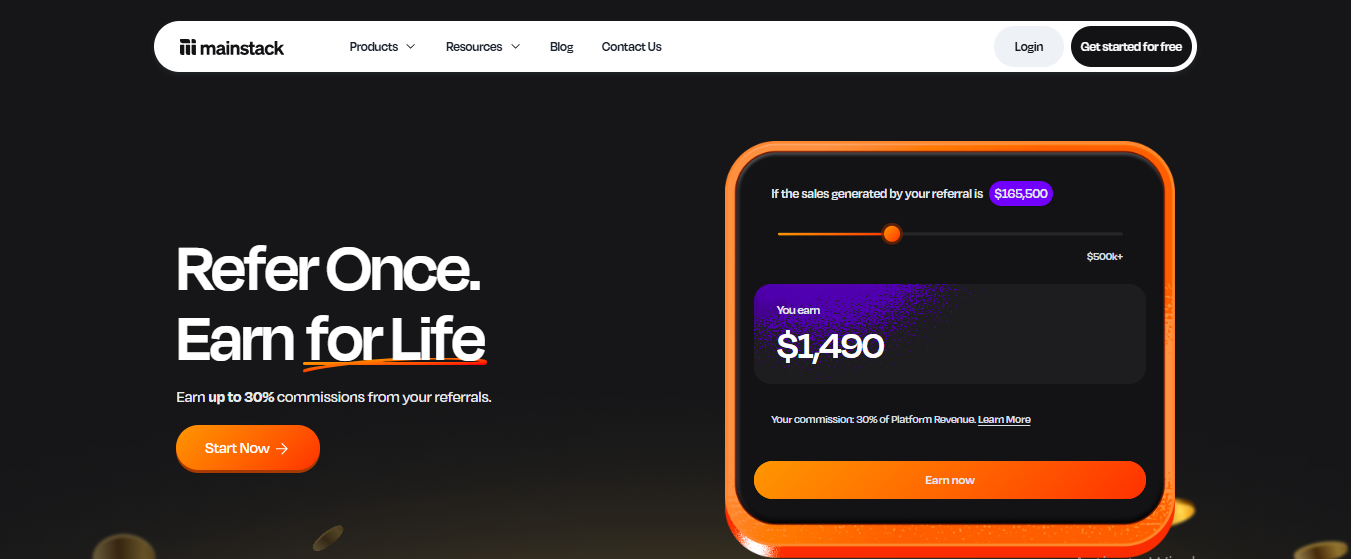
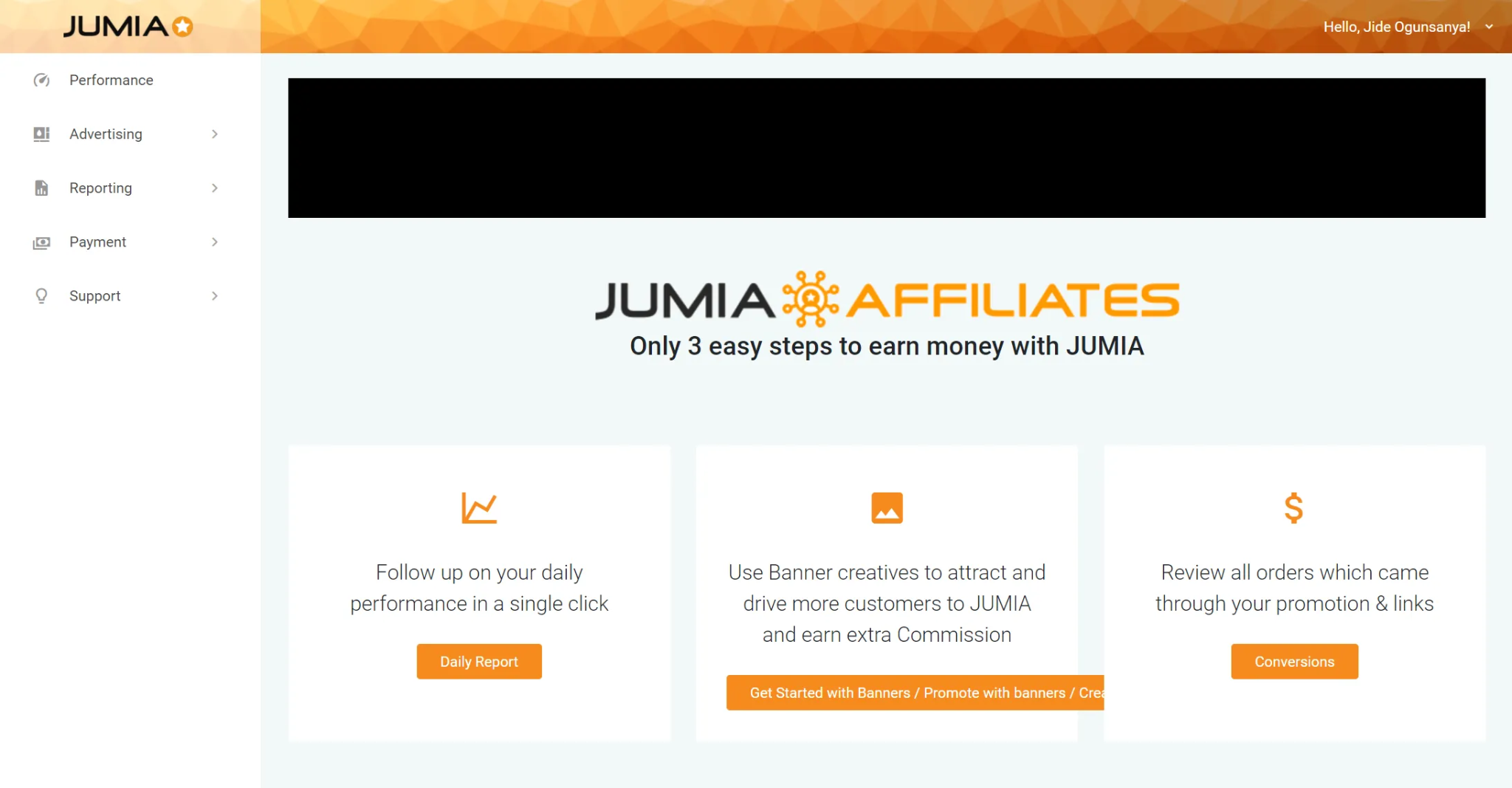
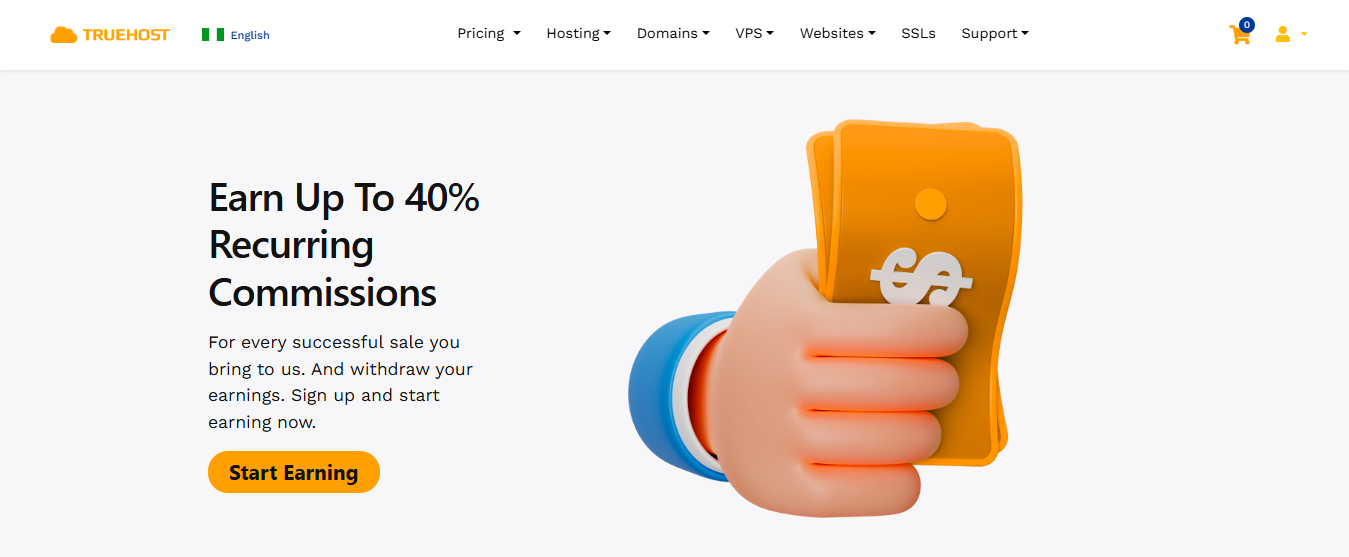
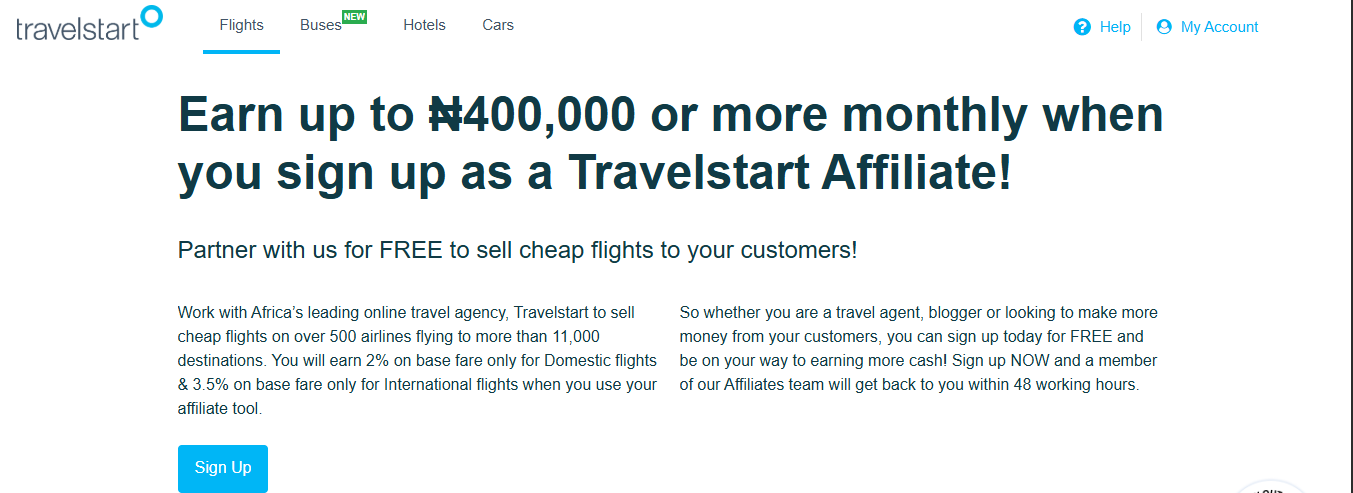

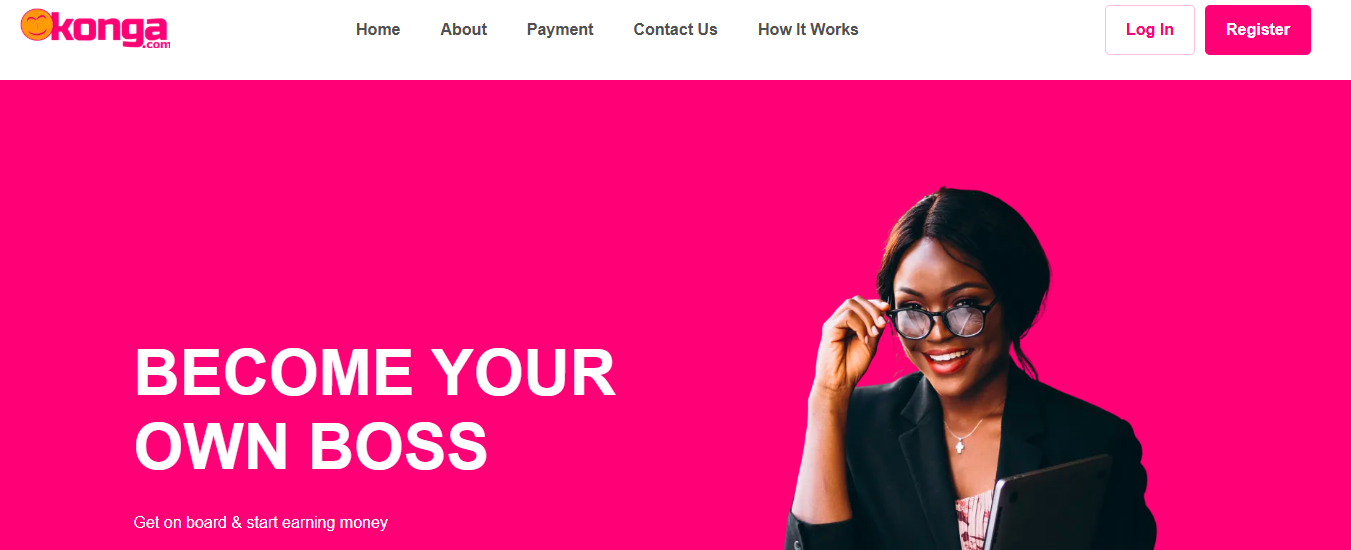
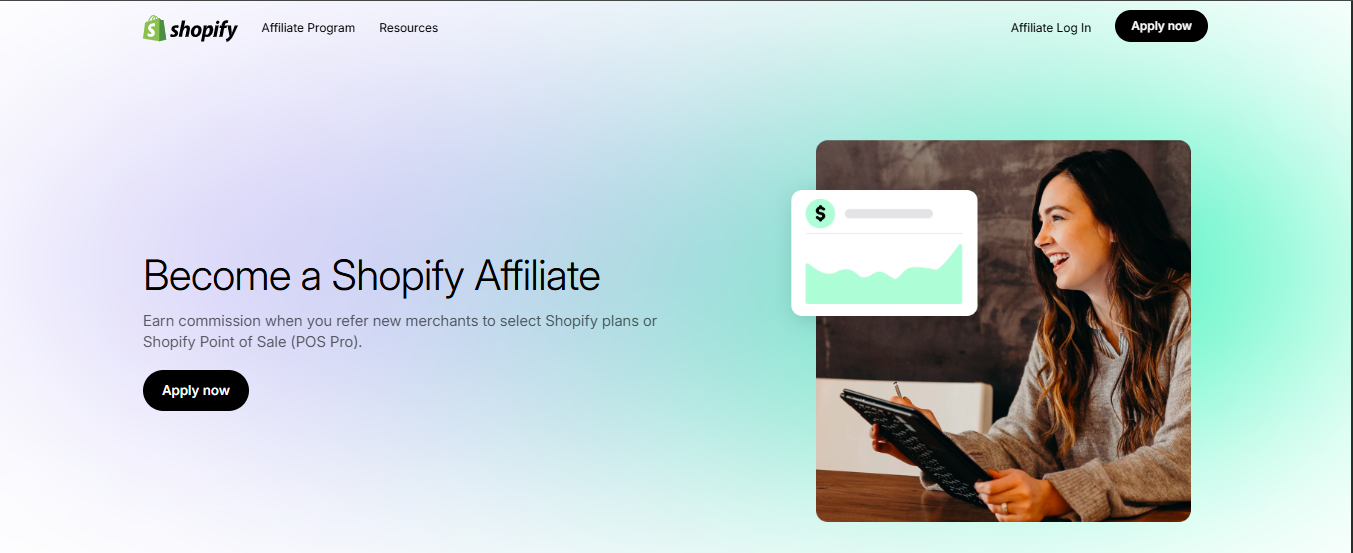

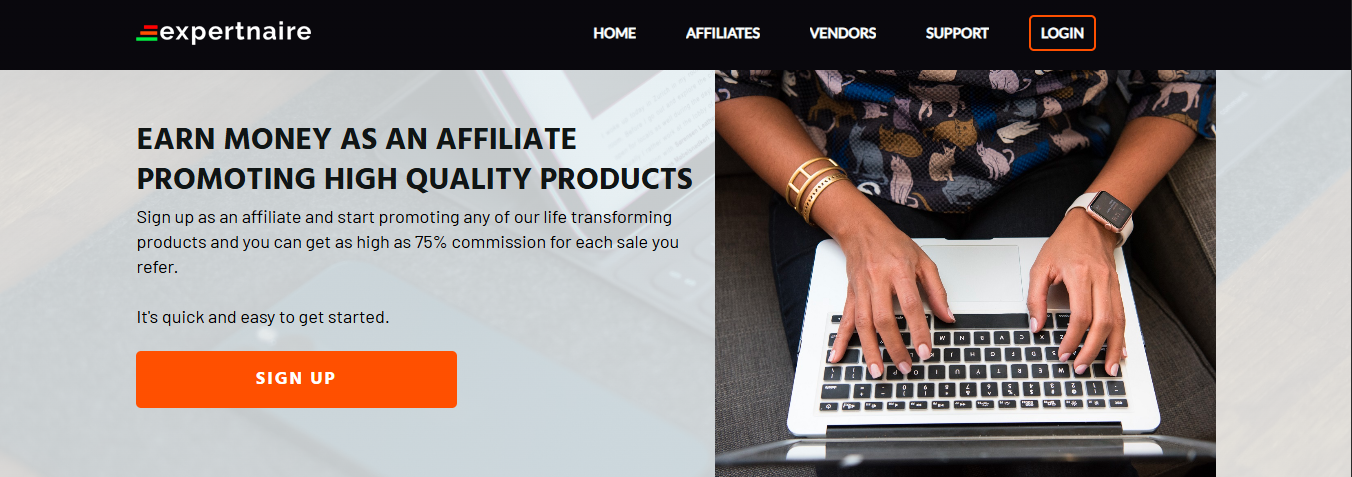
.png)
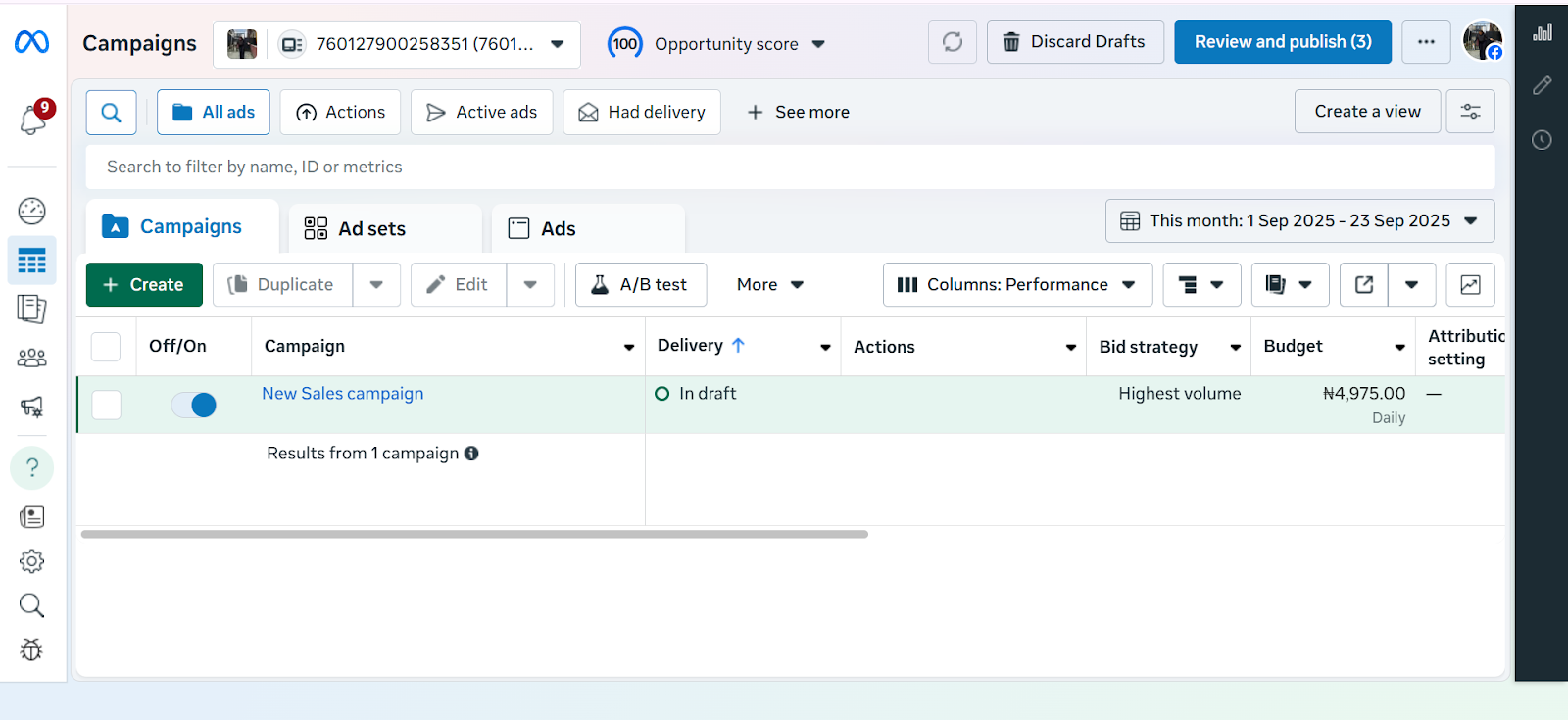
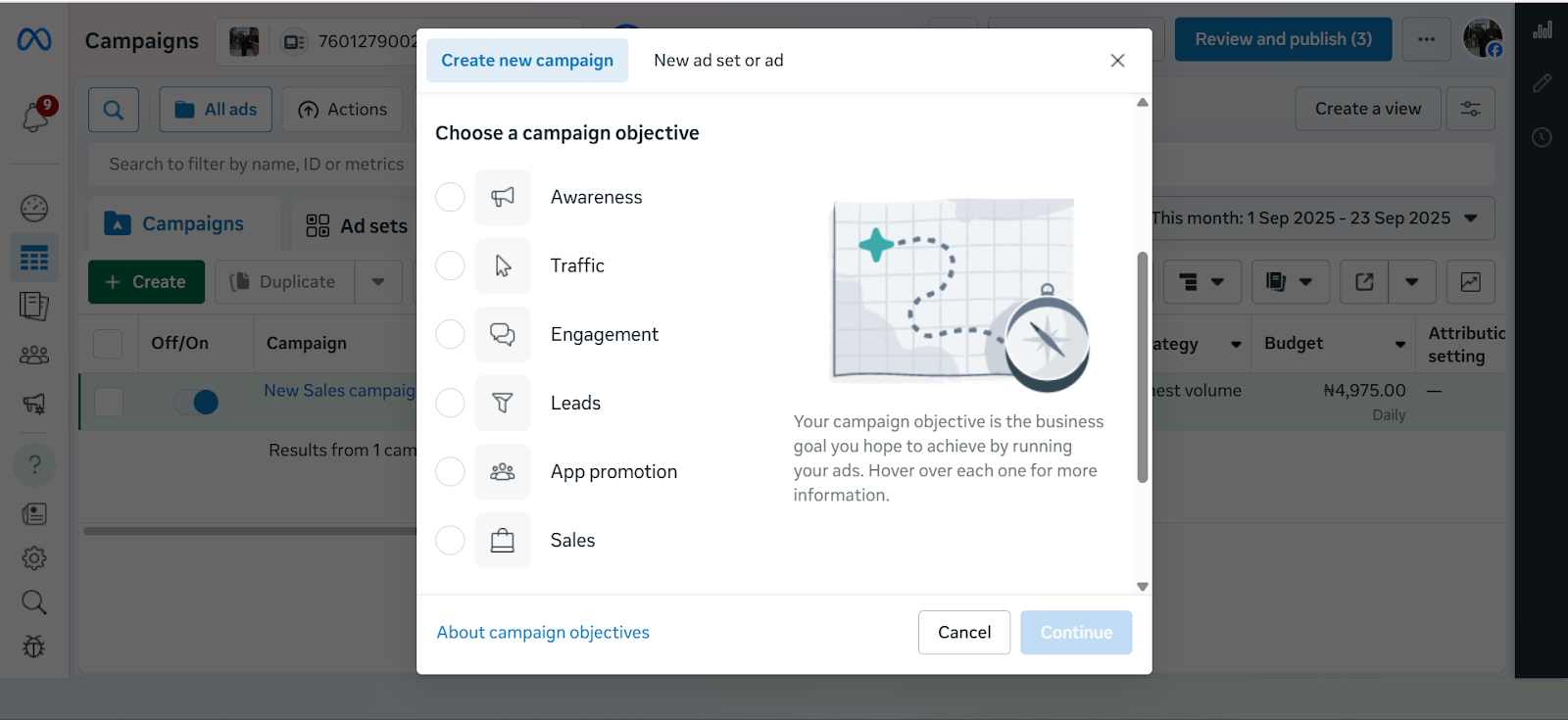
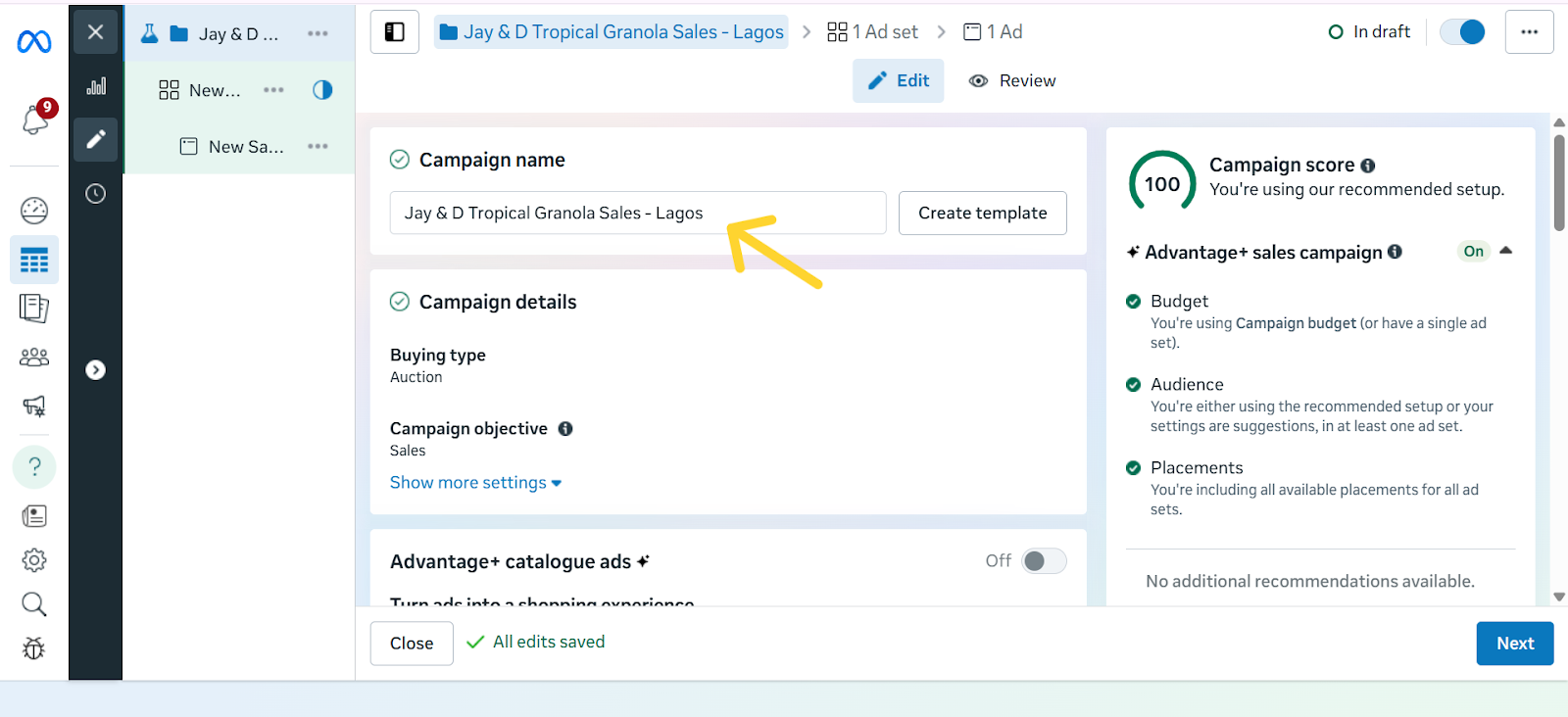
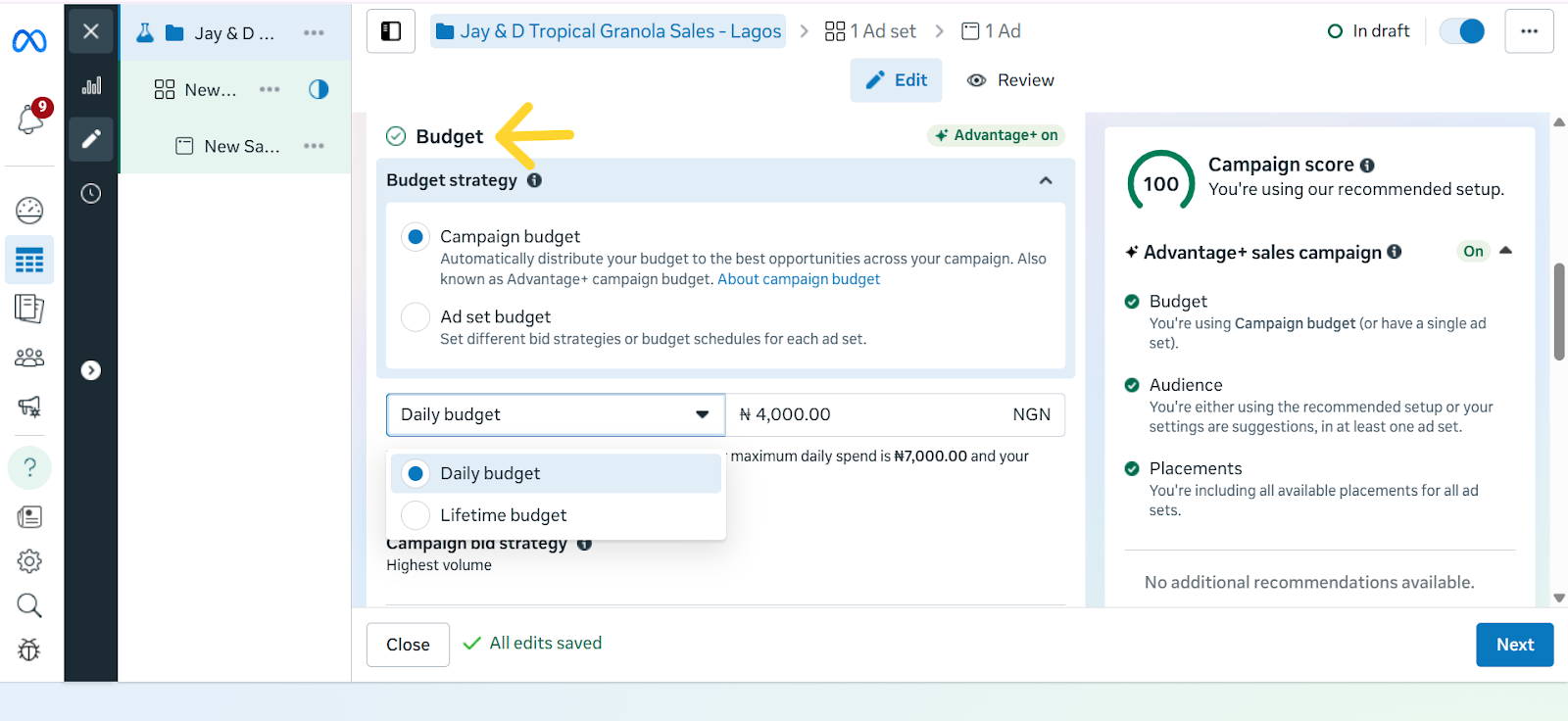
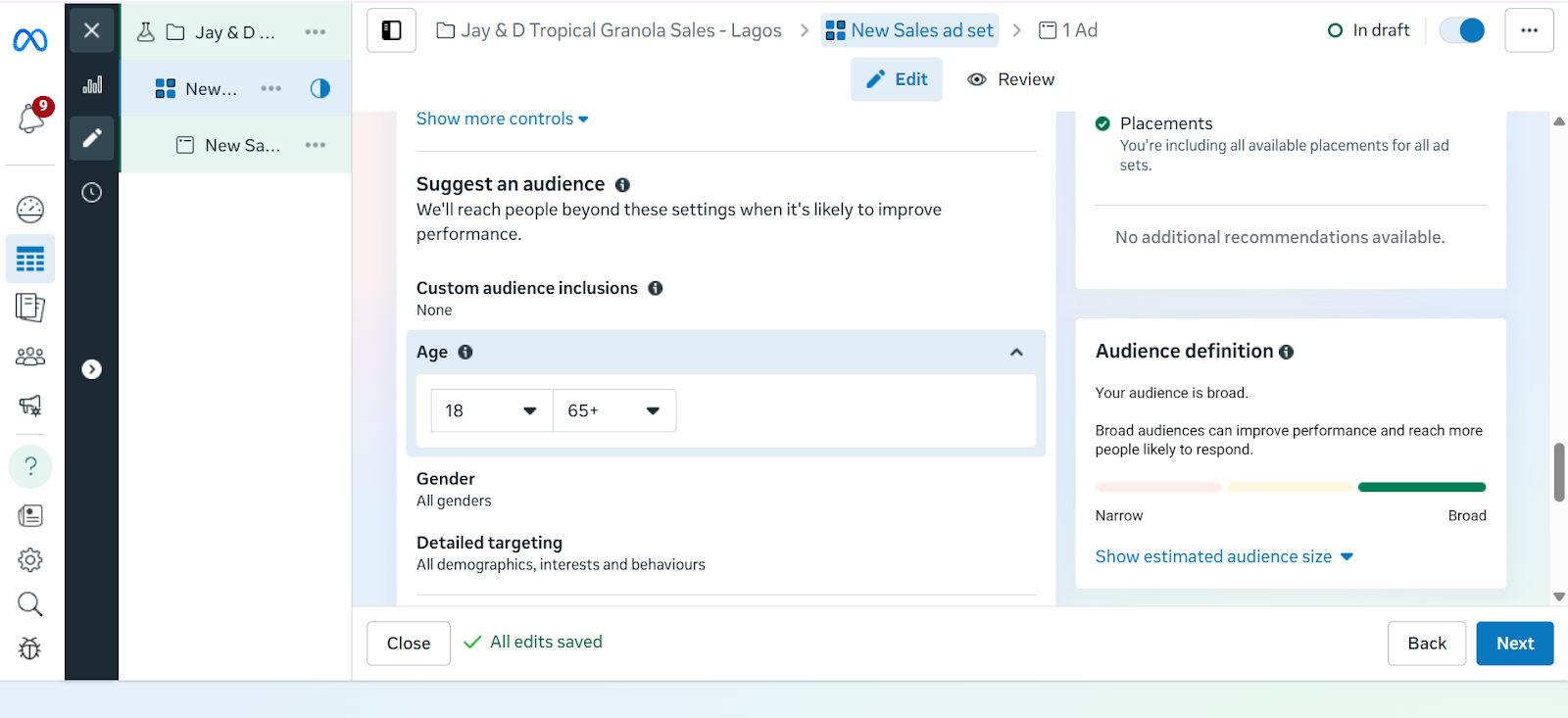
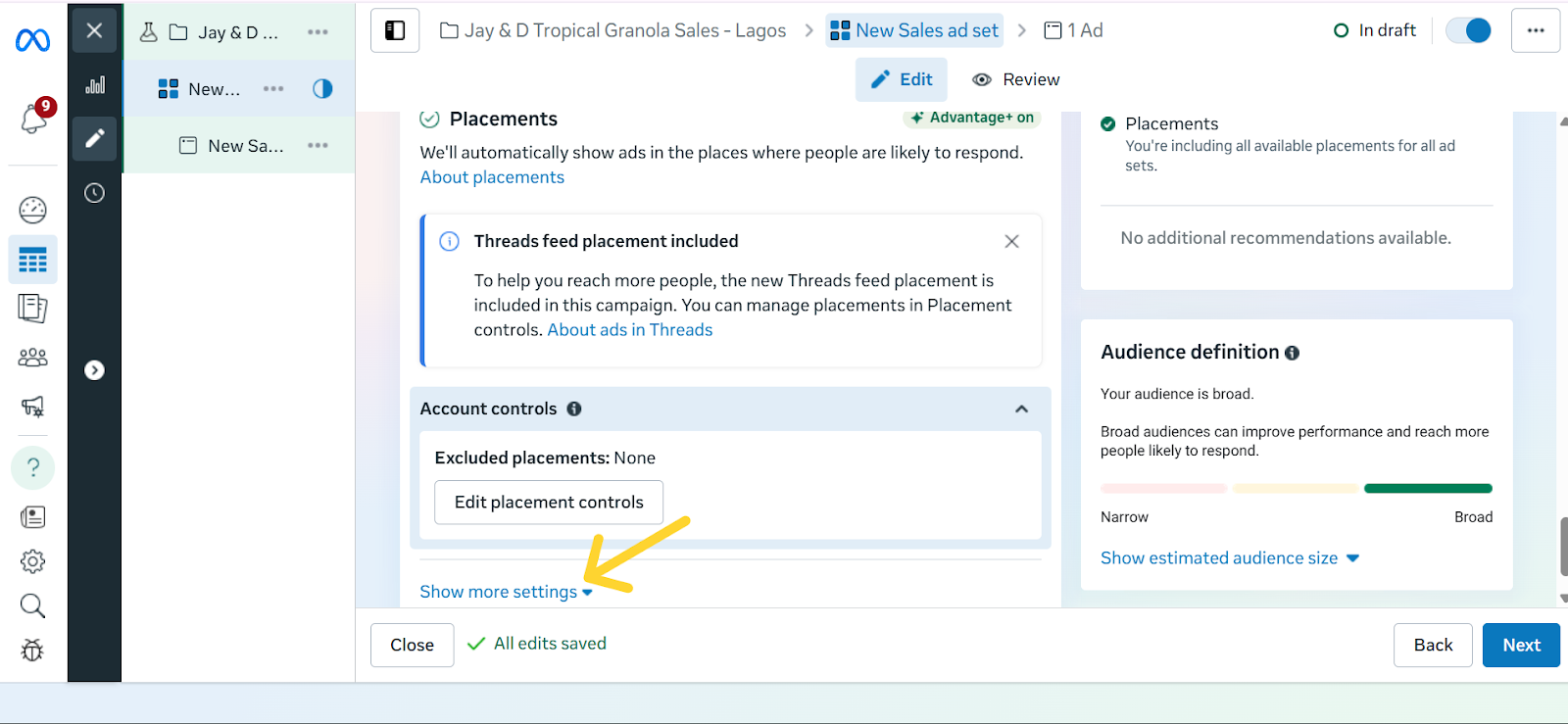
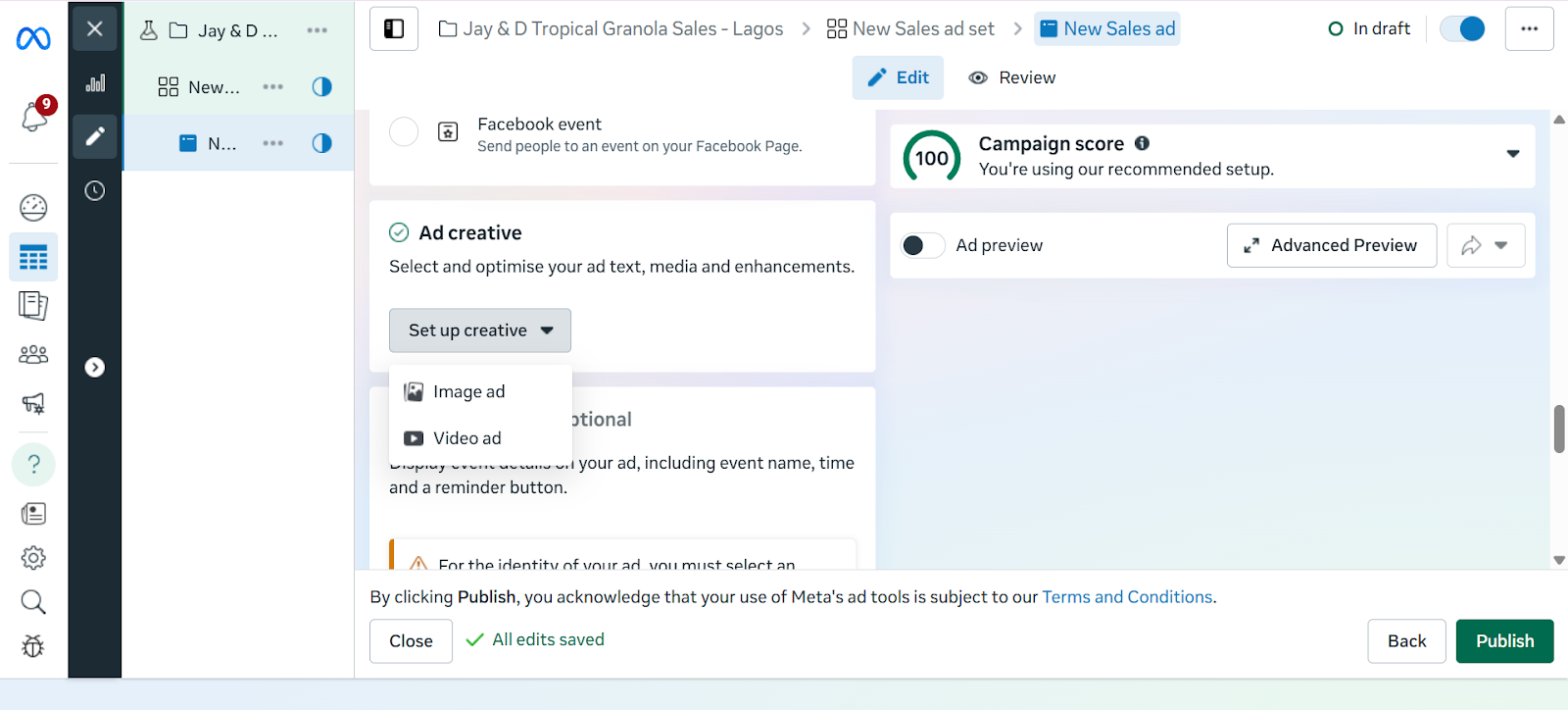
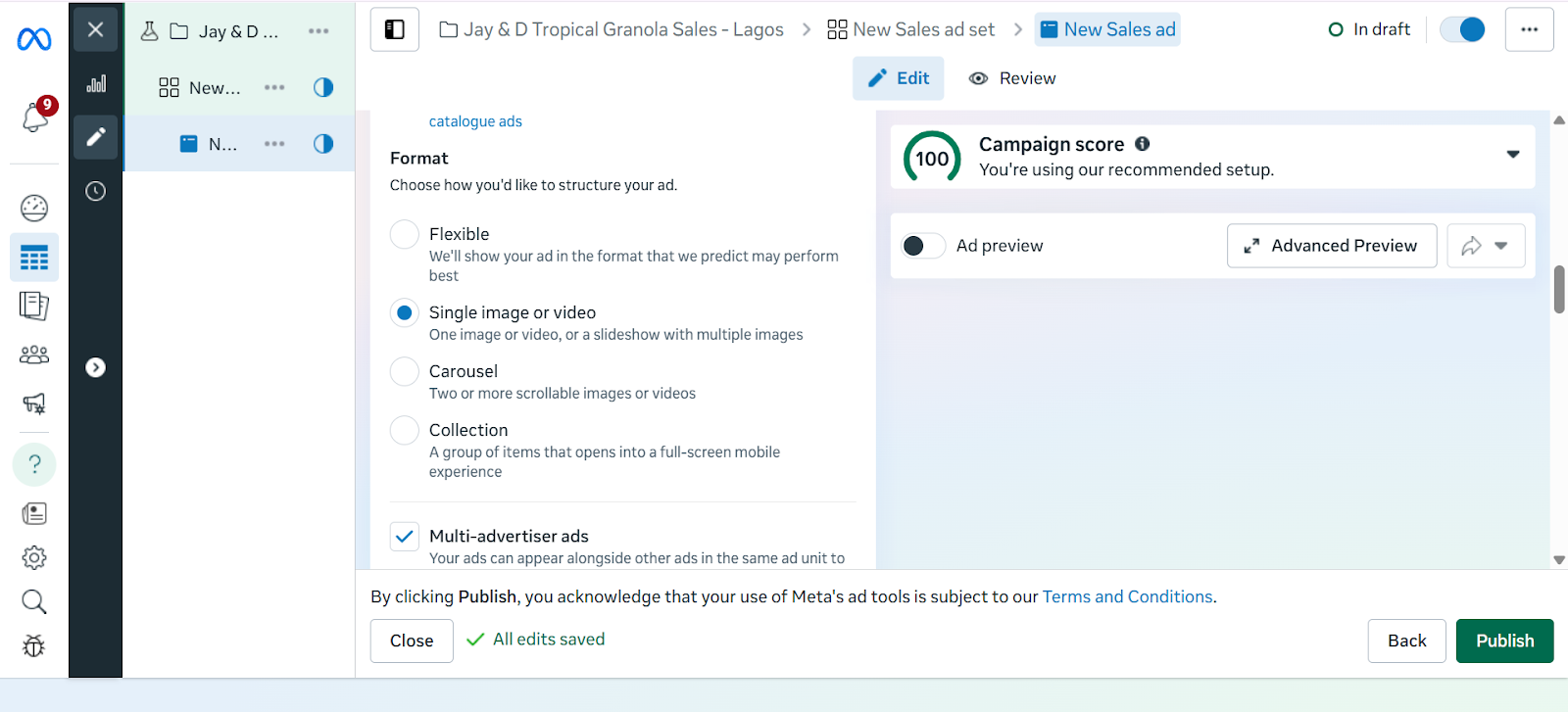
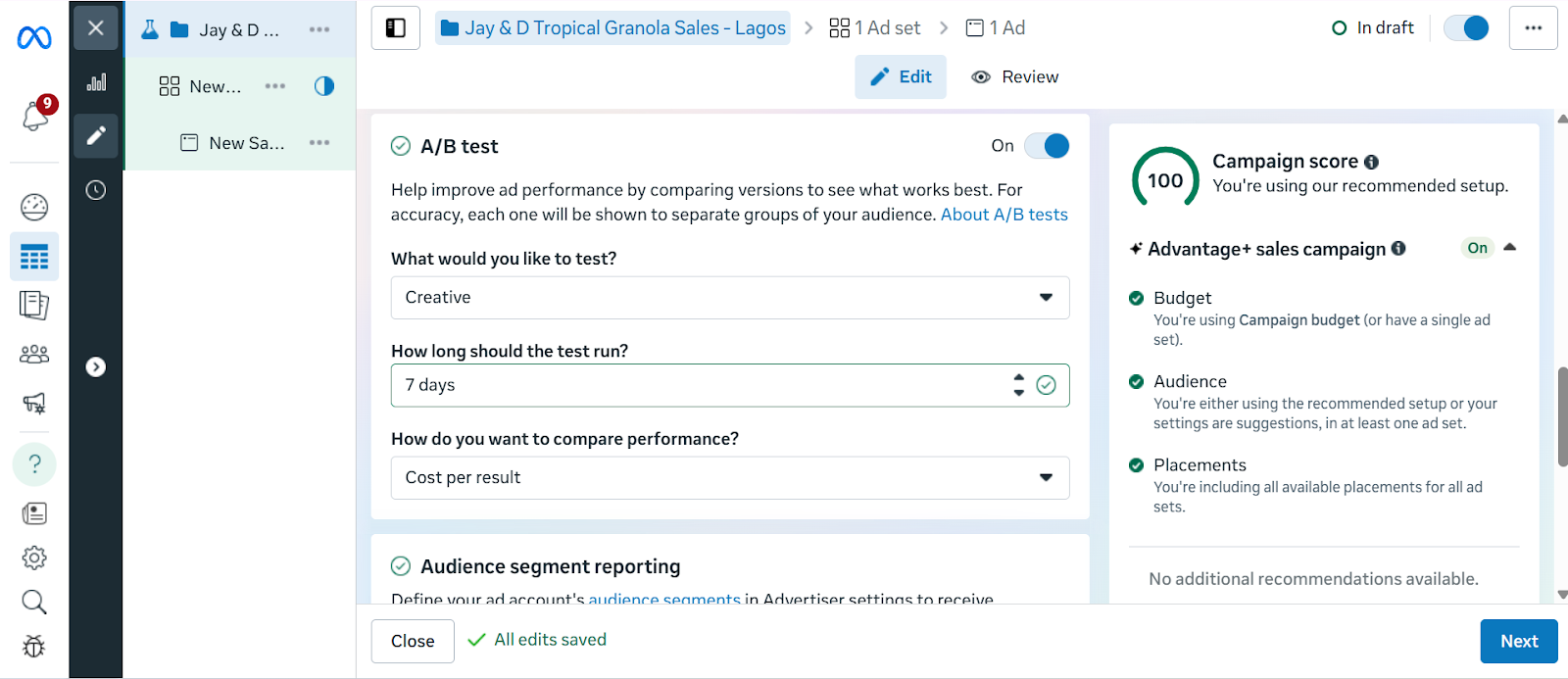
.jpg)








